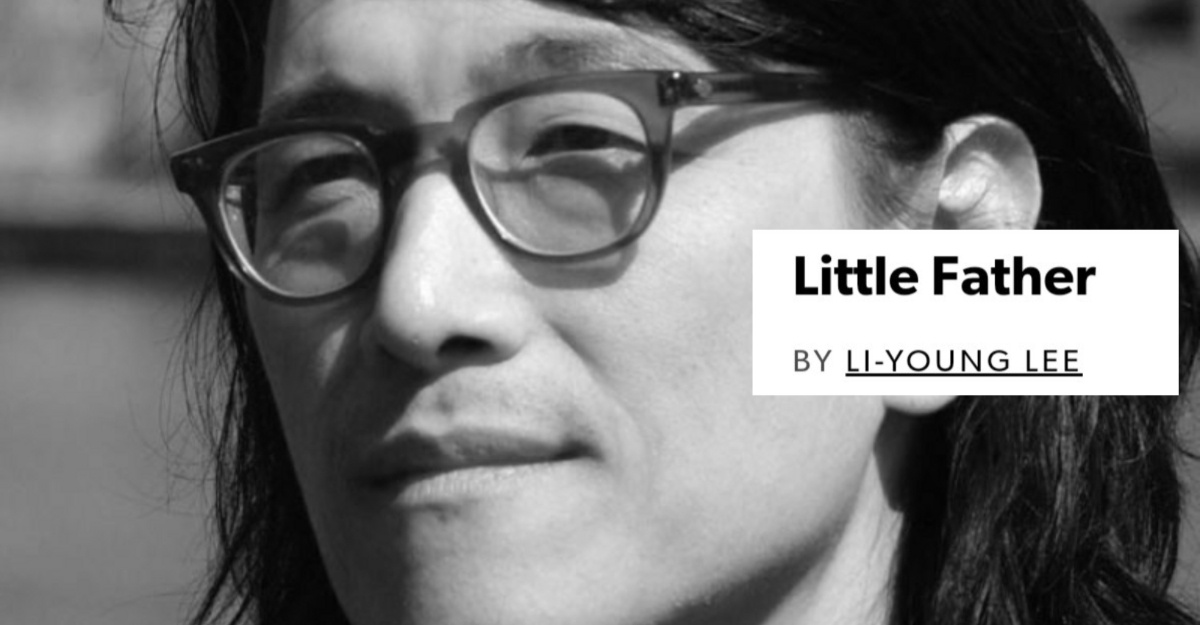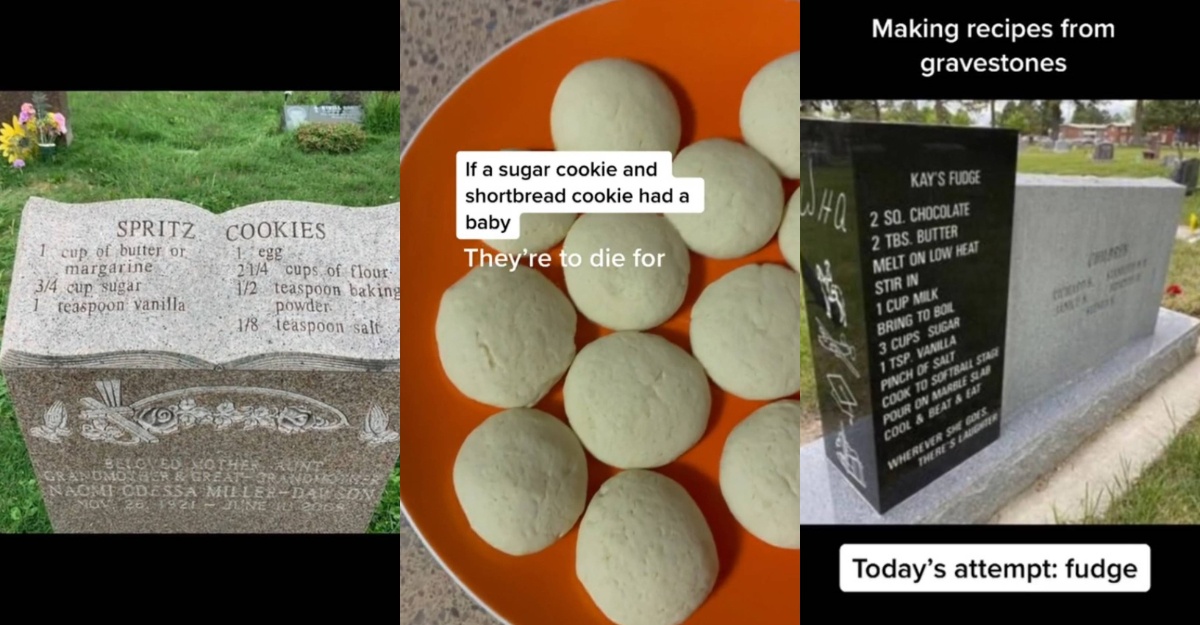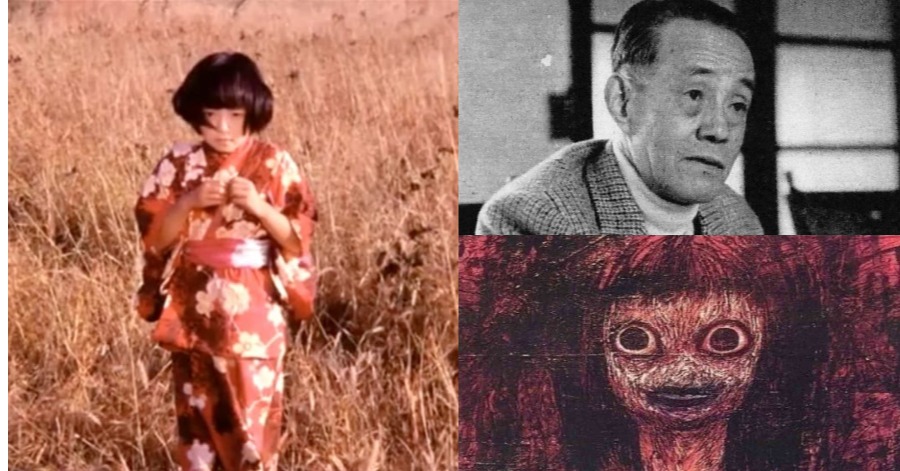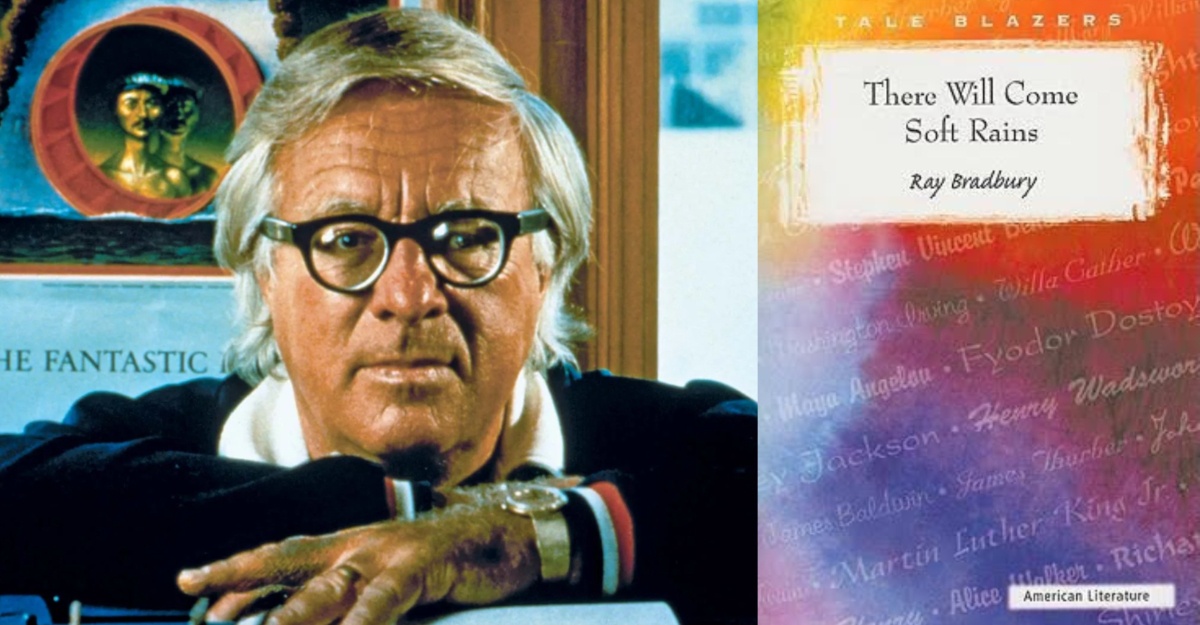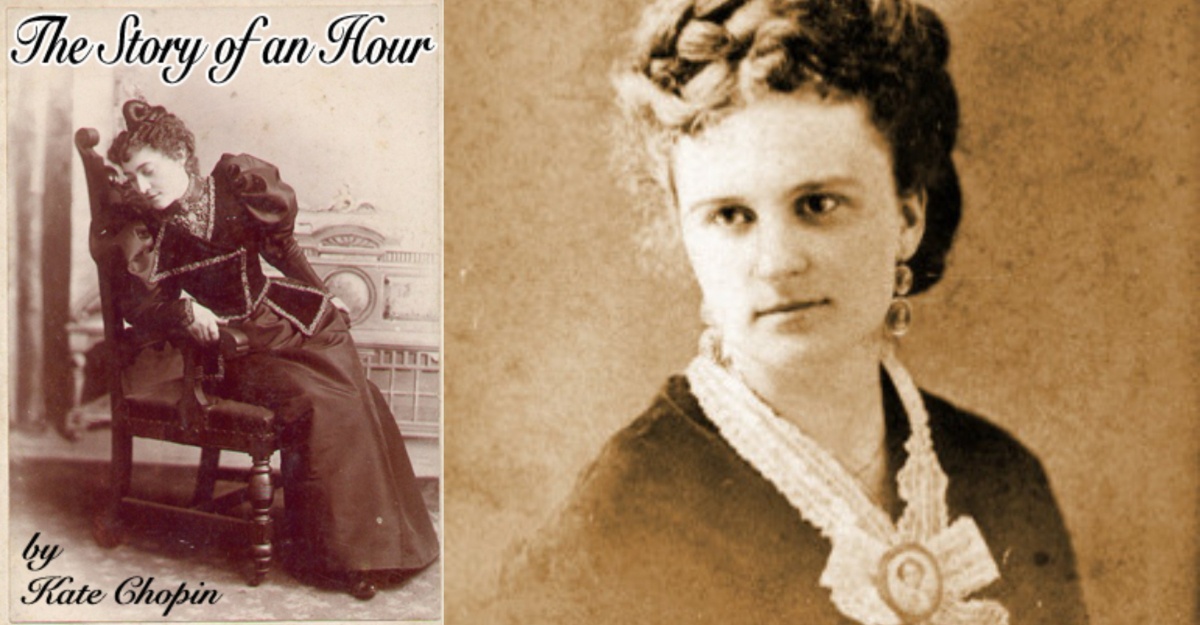A loved one’s death is devastatingly heartbreaking. There would be so many changes in life after they left. The biggest challenge for us is how we could continue living without them. It seems impossible to start or end another day while acknowledging a part of you has gone too.
You might lose your bearings for a week or two. Some take years to heal, while others probably, never do. However, have you pondered the beauty of letting go?
You might say it’s gibberish. Yet, there’s beauty in letting go. And one of Li-Young Lee’s poems, “Little Father” (2001), emanates the warmth of separation.
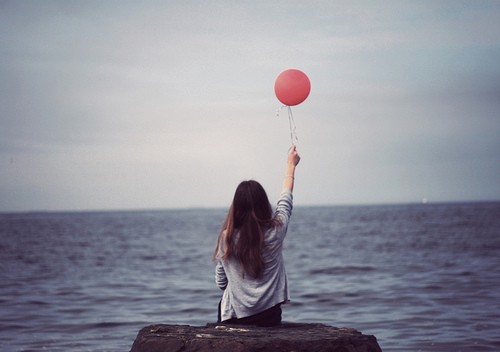
There’s a better place than here
“I buried my father
in the sky.
Since then, the birds
clean and comb him every morning
and pull the blanket up to his chin
every night” (Lee 1-6).
Everyone has their own set of beliefs. Some might believe in the afterlife, reincarnation and maybe nothing at all. From the land we live, and to them, we go.
There’s always a better place anywhere. It might be an escape or your secret hideout when life gets too tiring. And it’s the same for the dead. They have a new place to live now. Although we can’t visit them anymore, they’ll always live near and dear in our hearts.
Lee’s poem illustrates a hopeful persona believing their loved ones are in a better place than here. The thought can be comforting: perhaps, when they were alive, they went through so much pain. Now, they can finally rest in peace. Isn’t that reassuring?
Memories never die
“I buried my father underground.
Since then, my ladders
only climb down,
and all the earth has become a house
whose rooms are the hours, whose doors
stand open at evening, receiving
guest after guest.
Sometimes I see past them
to the tables spread for a wedding feast” (Lee 7-15).
It’s easy to see traces of them everywhere we go. At home and all places, we’ve been before with them.
Memories, in my opinion, can be revitalising and deadly. Sometimes, the thought of them gives us strength, while the rest could be overwhelming.
But it’s not wrong to relive those memories. Albeit we might shed a tear or two, it’s because of our profound feelings for them. Grief is also an emotion that humans often experience. Grief is an excessive amount of love we can no longer give them.
Line 14-5 reads, “Sometimes I see past them / to the tables spread for a wedding feast.” These lines strike me the most as I realise that on a special day, like graduation day or wedding day, they wouldn’t get the chance to witness it.
But it’s okay. You can always carry them with you, despite not being physical. Memories live forever— they never die.
Letting go is a new beginning

“I buried my father in my heart.
Now he grows in me, my strange son,
my little root who won’t drink milk,
little pale foot sunk in unheard-of night,
little clock spring newly wet
in the fire, little grape, parent to the future
wine, a son the fruit of his own son,
little father I ransom with my life” (Lee 16-23).
The third stanza of Lee’s poem signifies the persona’s acceptance of his father’s death. It’s heartwarming to see the journey this persona has taken in: the beginning was dull and saddening, but it gradually shifts to a lighter, more hopeful note.
These lines tell that a person’s death doesn’t always end in sadness for the living. It could be the start of something even more beautiful.
It’s difficult to let go. Separations are never easy because the weight it carries consists of many things. Memories are the most prominent, and so is longing.
Yet, it’s okay to take things slow. Letting go is never easy, but it’s not impossible. Letting go doesn’t mean we forget them completely. Rather, it’s a way to release the negativity in us for the better.
Source: Poetry Foundation

